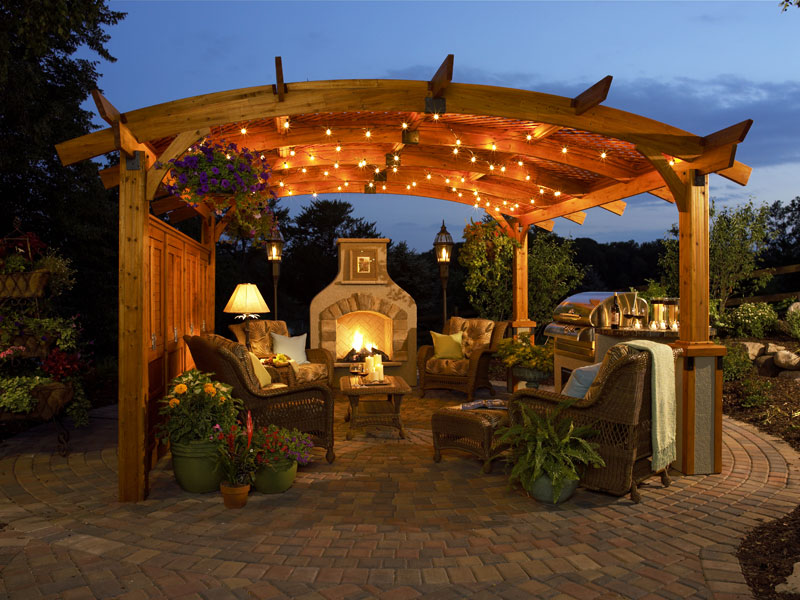Introduction (50 words): Landscaping is a captivating blend of art and science that has the power to transform outdoor spaces into breathtaking oases. Beyond its aesthetic appeal, landscaping serves multiple purposes, enhancing functionality, sustainability, and well-being. This article explores the intricate world of landscaping and its myriad benefits.
The Art of Landscaping (150 words): Landscaping is a creative process that involves designing and arranging elements in outdoor spaces to create visually appealing and harmonious environments. It encompasses a wide range of elements, such as plants, hardscapes, water features, and lighting, which are carefully selected and arranged to create a cohesive composition. Skilled landscapers possess an innate sense of design, balancing colors, textures, and shapes to create stunning landscapes that reflect the unique character of the surroundings.

Beyond Beauty: The Science of Landscaping (150 words): While aesthetics play a vital role, landscaping is not limited to visual appeal alone. It encompasses a scientific understanding of soil, plant species, climate, and ecological balance. Landscaping professionals employ their expertise to select suitable plant varieties that thrive in specific environments, taking into account factors such as sun exposure, soil type, and water availability. Additionally, sustainable landscaping practices, including rainwater harvesting, native plant conservation, and the use of organic fertilizers, promote environmental well-being.
Functional Enhancement (100 words): Landscaping goes beyond mere decoration; it enhances the functionality of outdoor spaces. Through clever design, landscaping can create distinct zones for relaxation, entertainment, and recreation. Patios, decks, and outdoor kitchens extend living spaces, while pergolas and arbors offer shaded retreats. Smart landscaping also considers factors like privacy, noise reduction, and windbreaks, ensuring that outdoor spaces become tranquil sanctuaries.
Health and Well-being (100 words): The benefits of landscaping extend to the well-being of individuals and communities. Studies have shown that exposure to nature and green spaces reduces stress, improves mood, and enhances cognitive function. Landscaping promotes physical activity, providing opportunities for gardening, walking, and outdoor play. Community gardens foster social connections, and green spaces in urban areas combat the urban heat island effect, improving air quality and reducing pollution.
Conclusion (50 words): Landscaping is a dynamic blend of art and science, combining aesthetics with functional design and ecological considerations. Beyond its visual appeal, landscaping offers numerous benefits, from enhancing the functionality of outdoor spaces to promoting well-being and environmental sustainability. A beautifully landscaped space has the power to transform not only the physical environment but also the lives of those who inhabit it.


